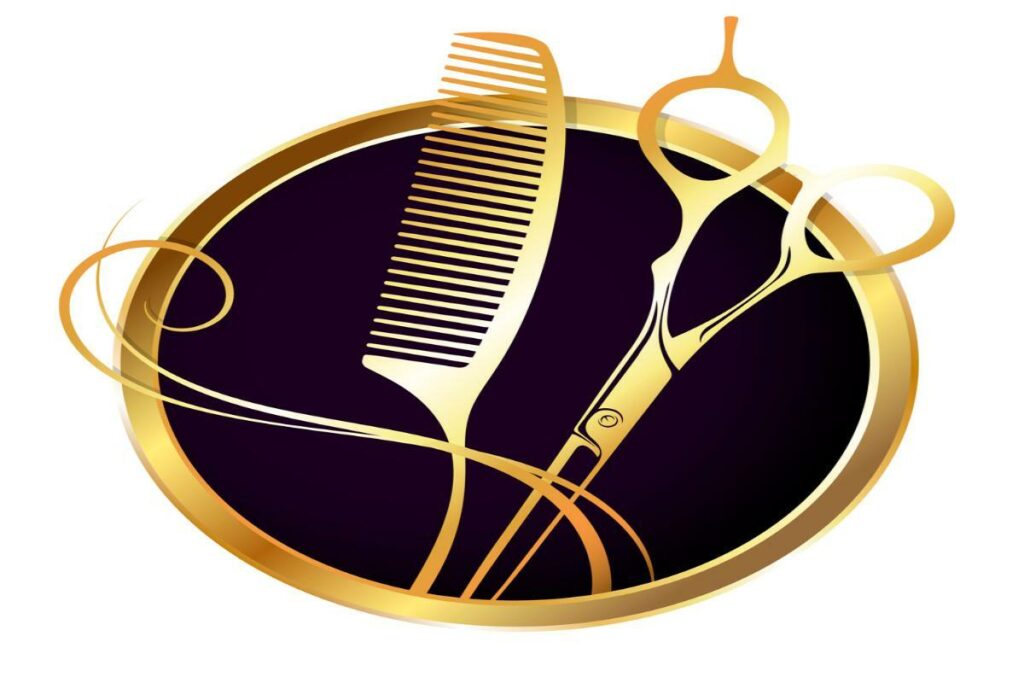A successful career as a cosmetologist requires you to complete the required education and training and build a clientele. One complaint from an unhappy customer to the Texas Department of Licensing & Regulation (TDLR) can lead to an investigation and disciplinary action against your license. Even with groundless complaints, you must proactively protect your license and career. A cosmetology license defense attorney can assist you in fighting back against any disciplinary proceedings to safeguard your career.
Complaints Against Cosmetologists
TDLR follows the same general complaint process for all complaints it receives against all license holders it licenses and regulates. The intake section receives and reviews the complaint to make an initial determination as to TDLR’s legal jurisdiction over it and whether a violation of a law or rule has occurred. The intake section may seek additional information if the complaint contains insufficient evidence to answer these questions.
If the intake section determines that TDLR has jurisdiction over the complaint and sufficient information exists that a violation has occurred, TDLR will open a case for investigation. TDLR will advise the complainant that it has opened a case and advise the respondent, or the person who is the subject of the complaint, of the existence and nature of the complaint.
TDLR will then assign an investigator to the complaint. The investigator typically interviews the complainant, the respondent, and any witnesses or other persons who have information relevant to the complaint. The investigator may also conduct an on-site investigation of the respondent’s business or the incident that led to the complaint. The investigator then completes an investigative report and submits it to a TDLR prosecuting attorney.
Ultimately, the TDLR prosecuting attorney determines how to proceed with the complaint. The attorney may close the case by sending a letter to both parties if further action is unwarranted by a lack of sufficient evidence or another reason. The attorney may also issue a warning letter to the respondent in conjunction with the case closure to prevent future violations.
Suppose the prosecuting attorney determines that formal enforcement action is warranted. In that case, the attorney will issue a Notice of Alleged Violation (NOAV) to the respondent seeking potential sanctions, including administrative penalties. The NOAV may or may not include a settlement offer as an Agreed Order. If the parties can reach an agreement, then the respondent admits to a violation and agrees to fulfill certain conditions and requirements because of that violation. TDLR will monitor the terms of that Agreed Order.
If the parties cannot reach an Agreed Order, the case will move to the State Office of Administrative Hearings (SOAH) for a contested administrative hearing before an administrative law judge (ALJ). After hearing the case, the ALJ submits a Proposal for Decision (PFD), which contains the ALJ’s findings of fact, conclusions of law, and a recommended outcome. The PFD goes to the Commission of Licensing and Regulation, a Division of TDLR, for a final decision in the case.
Grounds for Discipline Against Cosmetologists
Under Tex. Occ. Code §1603.401, TDLR can suspend or revoke a cosmetologist’s license based on any of the following grounds:
- Engaging in gross malpractice;
- Knowingly practicing while having an infectious or contagious disease;
- Intentionally making a false or deceptive advertising statement;
- Advertising, practicing, or attempting to practice using another person’s name or trade name;
- Engaging in fraud or deceit to obtain a license or permit; or
- Engaging in an act that violates Chapter 1603 or 51 of the Tex Occ. Code or a rule or order adopted or issued under those Chapters.
Potential Sanctions Against Cosmetologists
TDLR maintains a separate enforcement plan for all occupations it licenses and regulates, including cosmetologists. Each enforcement plan contains a schedule of administrative penalties and sanctions for each type of rule or law violation that applies to cosmetologists.
Based on severity, the enforcement plan categorizes each violation into Classes A through D, with Class A containing the least severe violations and Class D containing the most severe violations. Within those classes, penalties may increase based on the number of previous violations a licensee has committed.
Generally, the different classes of violations carry the following sanctions:
- Class A – administrative penalties ranging from $500 to $1,500;
- Class B – administrative penalties ranging from $1,000 to $3,500 and/or up to one-year full suspension;
- Class C – administrative penalties ranging from $2,000 to $5,000 and/or license revocation; and
- Class D – administrative penalties ranging from $3,500 to $5,000 and/or license revocation.
Aside from the penalty matrix, TDLR also considers the following factors in determining the appropriate amount of an administrative penalty or sanction in each case:
- The severity or seriousness of the violation;
- Whether the violation was willful or intentional;
- Whether the respondent acted in good faith to avoid or mitigate the violation or to correct the violation after it became apparent;
- Whether the respondent has engaged in similar violations in the past;
- The level of penalty or sanction necessary to deter future violations; and
Any other matter that justice may require.
Get Legal Advice and Defend Your Cosmetologist License
The potential loss of your cosmetology license can be devastating. As a result, you cannot afford to take risks with your livelihood and career. Trying to handle disciplinary proceedings on your own before the TDLR is ill-advised. A cosmetologist license defense lawyer at Bertolino LLP can evaluate your situation and determine the best strategy to protect your license. Call us today at (512) 515-9518 or get more information about us online.
Call or text (512) 476-5757 or complete a Case Evaluation form






